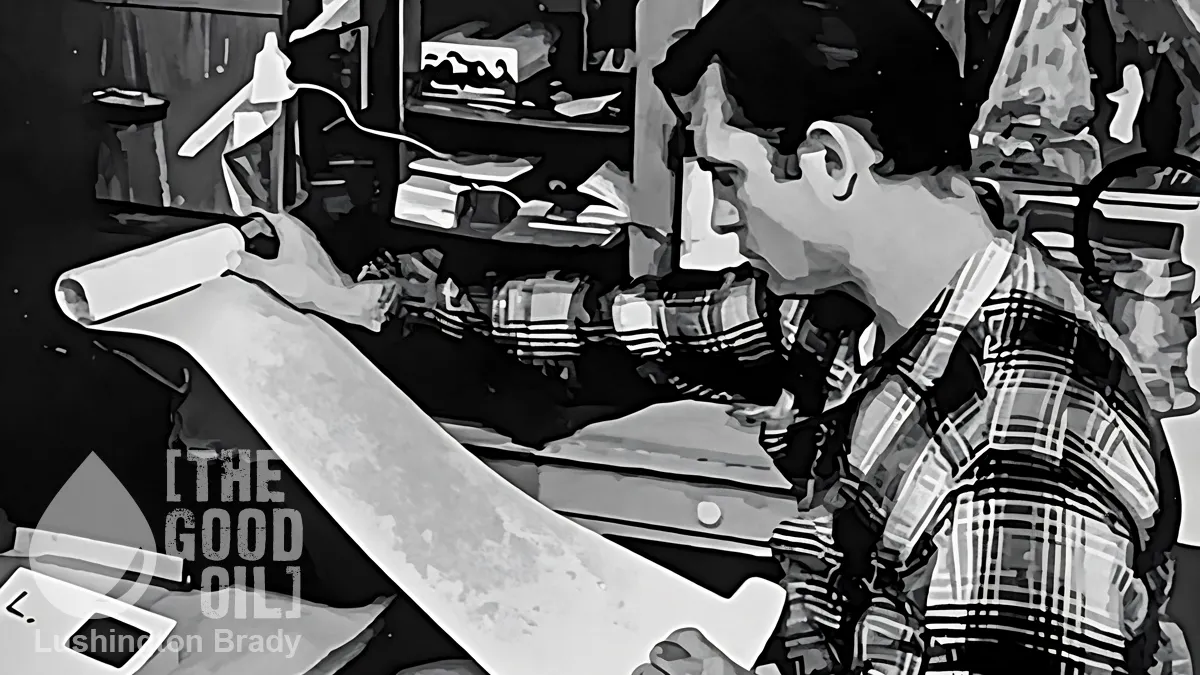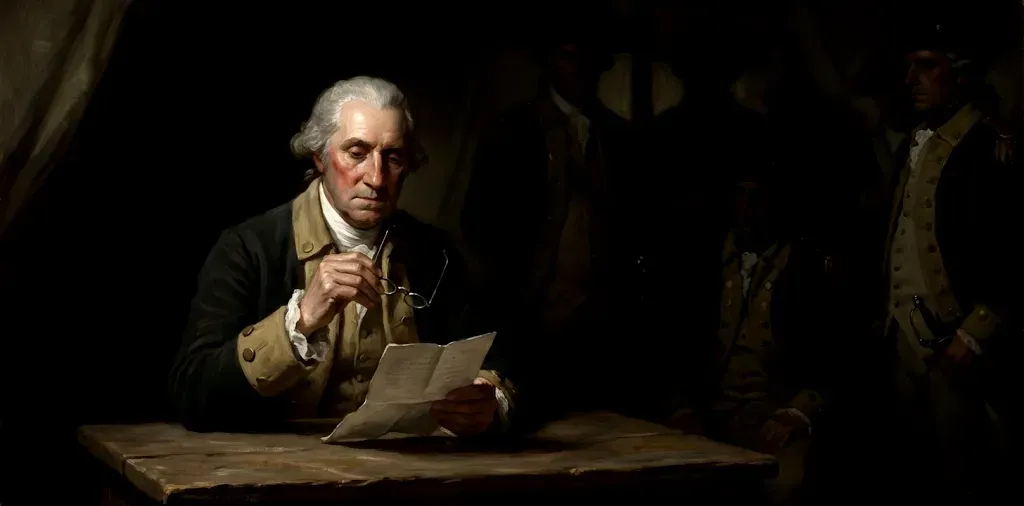Table of Contents
Peter May
mercatornet.com
Peter May is a retired family doctor in the UK.
A new book by Lesley-Ann Jonesasks, “Who was the love of Freddie Mercury’s life?” Thirty years after his death, this question has increasing relevance. Sexuality has become a cultural nightmare and the life of the charismatic “king of outrageous camp” illustrates its complexities and pitfalls. While many saw Freddie as the love of their lives, who was actually the love of his life?
Born in Zanzibar in 1946 as Farrokh Bulsara, Freddie had a volatile relationship with his father. At the tender age of eight he was sent to an Indian boarding school 3,000 miles away. Not only was this too far for his parents to visit him, but it was too far for Freddie to return home in school holidays! Instead, he stayed with aunts in Bombay. His earlier years were painful and he rarely talked about them.
His father Bomi was diligent and dignified but authoritarian, inflexible and emotionally distant. Instead of intimacy, Freddie received hostility and disapproval. Lacking affirmation, he appeared to some as a shy, retiring and insecure young man, who found comfort in music and affirmation in the adulation of strangers.
The celebrated film, Bohemian Rhapsody, which earned some US$1 billion at the box office, ignored his upbringing. He moved to England in 1964 when he was 18. When he died at 45 in 1991, he was acclaimed as one of the greatest lead singers in the history of rock music and one of the great gay icons.
Film makers “can get away with murdering the truth” says Jones. Bohemian Rhapsody, she says, had a moral obligation to present the real Freddie Mercury. Instead, his “X-rated lifestyle was diluted, simplified and sanitized … to render him acceptable and appealing to the widest possible audience.”
The producers wanted a PG-13 classification, so Freddie’s hedonism had to be edited out — homosexuality, debauched parties, one-night stands, gay saunas, cocaine use, female lovers … Strangely, he never publicly came out as gay. Nor did he admit that he had AIDS until his dying hours.
Normally, the lives of celebrities are of no great interest. But Freddie Mercury’s tormented life raises some interesting questions about sexual orientation.
Jones quotes developmental psychologist Ritch Savin-Williams: “Traditionally, our understanding has been that if you’re male and have even a slight attraction to the same sex, then you must be gay.” But it is profoundly misleading to believe that all those who experience homosexual thoughts are “100% gay”.
Many men have been brainwashed to believe that they have been born gay. And if they attempt to change they will damage their mental health. Is this true?
A huge research project has now demonstrated clearly that there is no gay gene. A large Ipsos MORI poll conducted in January showed that only 56 percent of under-25s claim to be exclusively heterosexual in their desires.
There is a good explanation for this, as every car insurer knows. Adolescence is driven by gut feelings and emotions. It is not until we reach our mid-20s that the pre-frontal cortex of the brain, the area responsible for rational thought, brings these gut feelings under some control.
Even at the end of adolescence, the brain does not finally become fixed in its neurological pathways and connections. This “neuroplasticity” continues to some degree even into old age, but it is still much easier to learn when you are young — whether it is a new musical instrument, a foreign language or new patterns of sexual arousal. The longer you persist in repeating the same thoughts and behaviours (“practice makes perfect”), the more set in your ways you become.
What was in Freddie’s mind when he sang that powerful song, “I want to break free”?
Rather than outrageously gay, Freddie was outrageously bisexual.
It’s quite a common phenomenon which undermines the “born that way” idea.
Jones raises the case of British TV presenter Phillip Schofield. After 27 years of marriage and two grown up daughters, he “came out” as being gay. Was he 100% gay? Surely not. American Episcopalian Bishop Gene Robinson left his wife after 14 years after fathering two children. Was he 100% gay? Elton John was betrothed to Linda but married Renate before he eventually married David Furness. Was he 100% gay?
Is it not more true to say, as Freddie is reported to have said of himself, that we are just “sexual”? Strong sexual drives can be expressed in a wide range of behaviours. These can become deeply entrenched and very difficult to change, as with pornography addiction. Furthermore, those memories and desires, while they may fade into the background, never entirely go away, and may suddenly erupt again.
School friends of Freddie insisted that he was “obviously heterosexual”, even if he experimented with homosexuality. Love affairs with women were a major part of his story.
In the early 70s, 21-year-old Valerie was his closest friend. She did not see him as gay. Did she try to keep in touch with him? “No, he was on a different track. His ego had kicked in – and destroyed him…His life as Queen frontman took him from simple beauty to shocking awfulness…it was the biggest mistake of his life…Freddie was completely corrupted. He walked into the quicksand … He was very vulnerable.”
Freddie actually proposed to another woman, Mary Austin, and they cohabited for six years until his musical career took off. She remained very close to him. He is reported to have said, “All my lovers asked me why they couldn’t replace Mary, but it is simply impossible. The only friend I’ve got is Mary and I don’t want anybody else. To me, she was my common-law wife. To me, it was a marriage…. I couldn’t fall in love with a man the same way as I have with Mary.”
And Mary, faithful, dignified, demure and private, remained close to him to the end. She lived near him, cared for him, travelled with him, remained on his payroll and ultimately inherited his expensive home and the bulk of his wealth. She considered herself to be the love of his life.
Jim Hutton had a different view. For the last six years of Freddie’s life, they lived together but not openly as homosexuals nor as equals. A mild-mannered man, Jim did not like to be in the spotlight and lived at Freddie’s beck and call. He was shaken by Freddie’s mood swings, his sex drive, his outrageous flirting with other men, the spectacular break ups, his manipulations, deep insecurity and his “childish insistence on getting his own way.”
So who was the love of Freddie Mercury’s life? Was it one of the many men or one of the many women?
It’s hard to escape the conclusion that the hedonistic lifestyle which eventually killed him was a paltry compensation for huge emotional damage and neglect inflicted upon him by his parents as a child.
The pitiful truth is that the love of Freddie Mercury’s life was Freddie Mercury. As Jones concludes, he was an “alpha narcissist”.
Please share this article so that others can discover The BFD.









